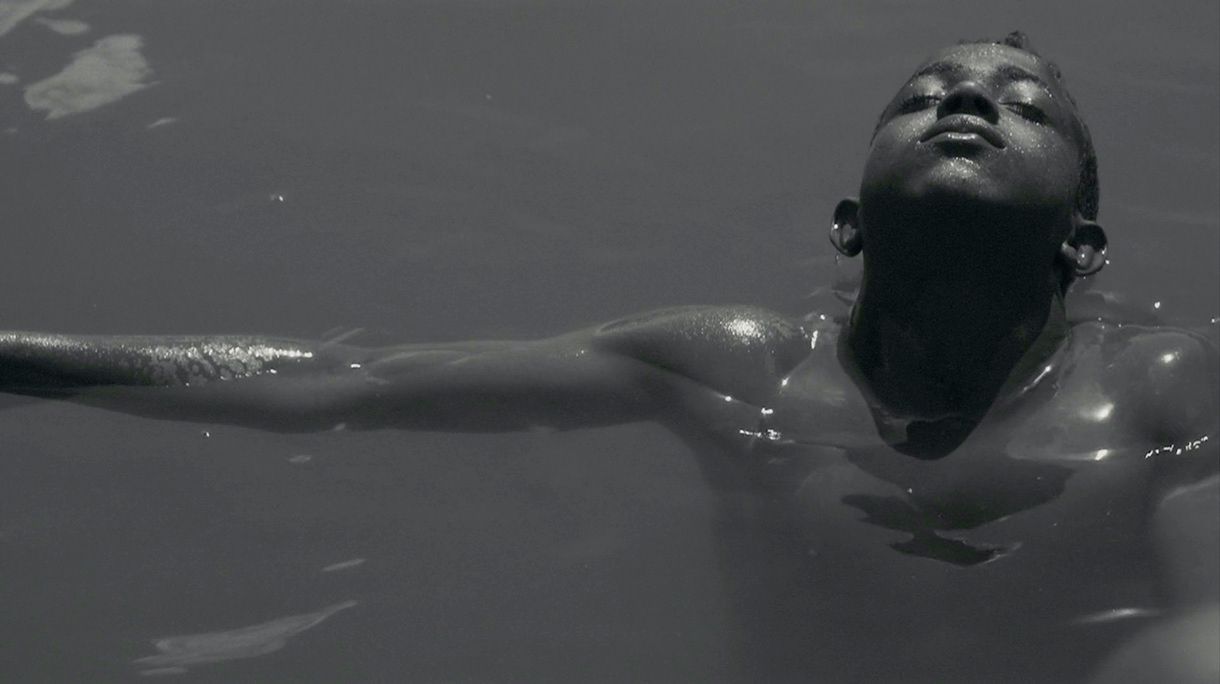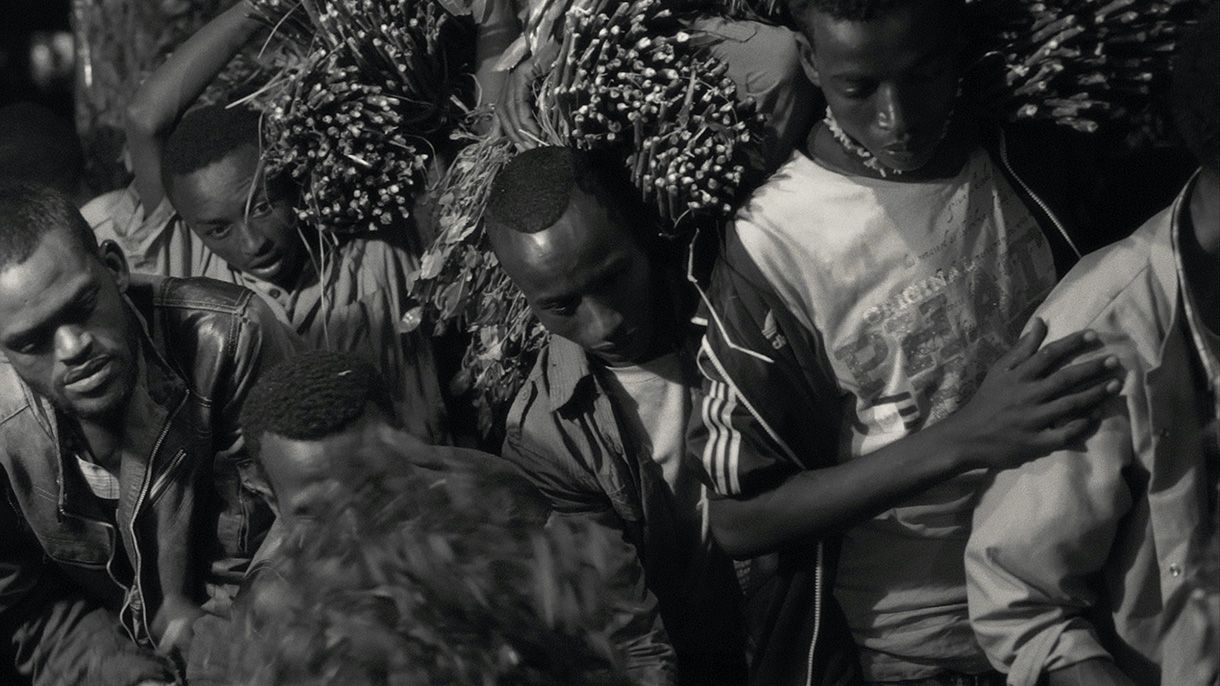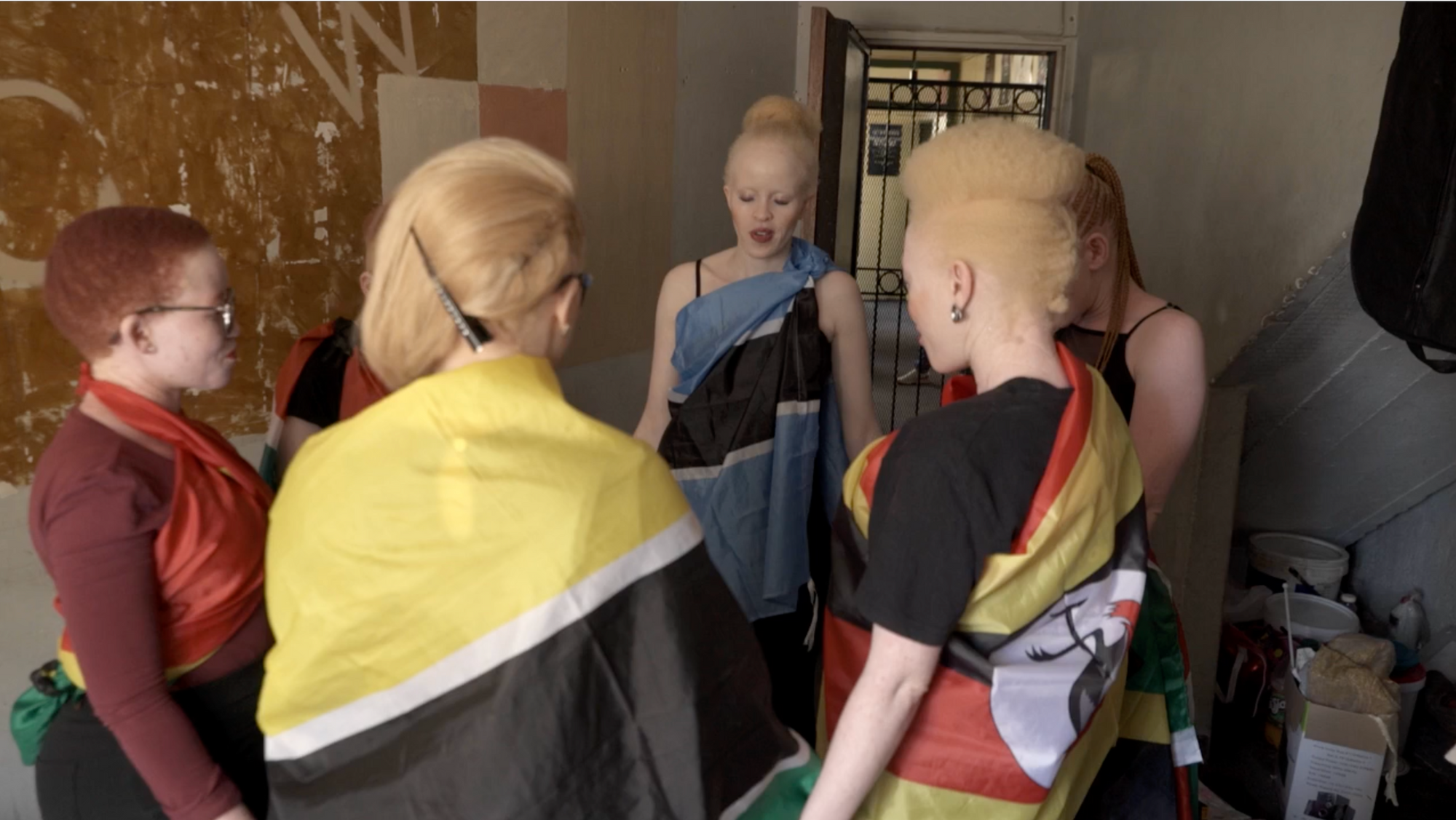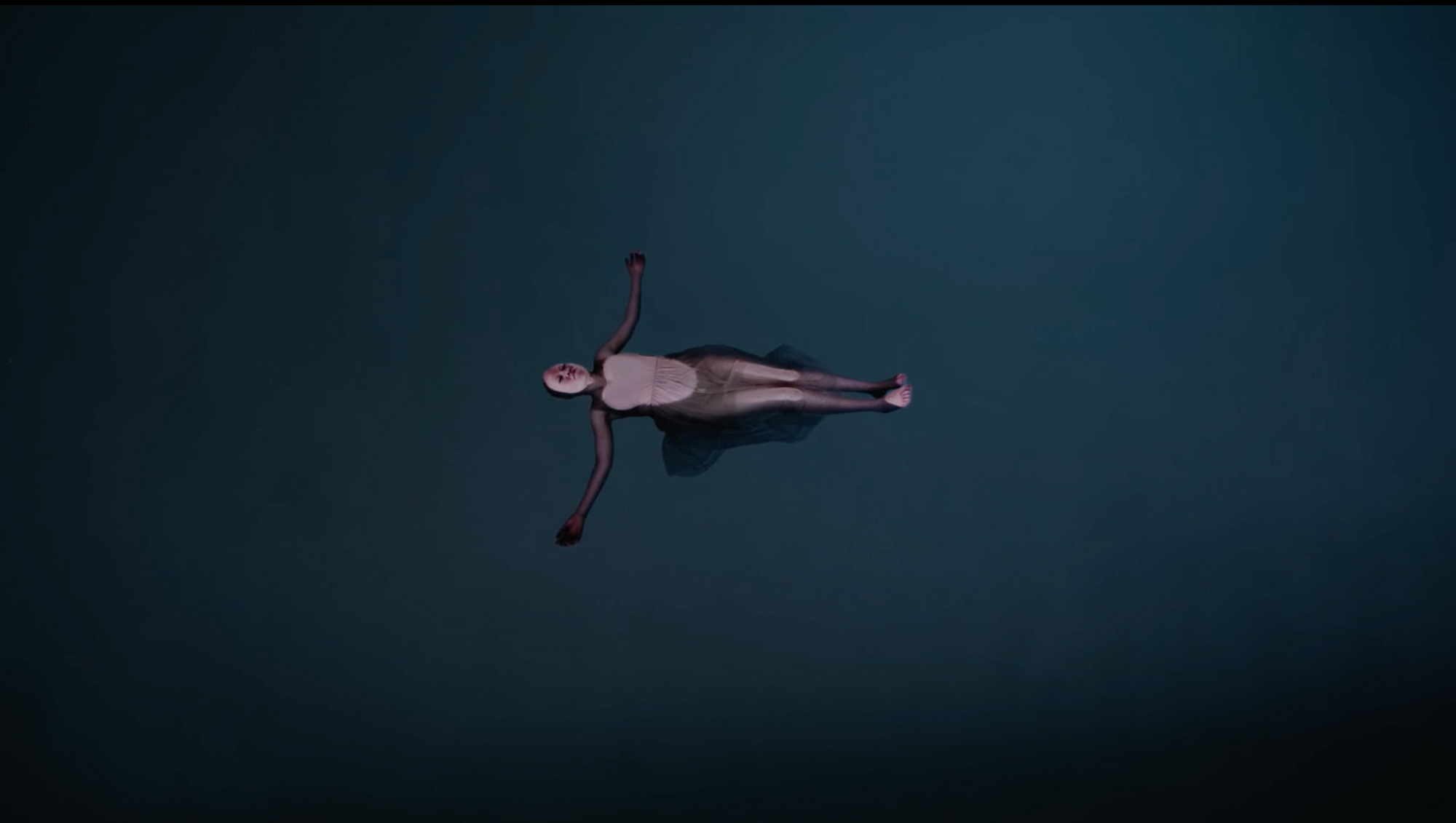
An Encounter of the Documentary Kind
Wilfred Okiche writes about how the Encounters Film Festival has changed gears and is still telling Africa’s stories, one documentary at a time.
COVID-19 presented an opportunity for Encounters South African International Documentary Film Festival to reinvent and position itself better for the future. As the pandemic raged last year, South Africa went into one of the world’s strictest lockdowns, restricting travel, social gatherings and even alcohol sales. Faced with a highly uncertain situation, the festival’s management made the decision to go on with the show, albeit in a new, virtual format.
COVID-19 has changed the whole financial and exhibition model of the festival
Festival director, Mandisa Zitha, shared that they decided to take advantage of the migration to virtual film markets and forums because of the pandemic. This year, filmmakers will participate in virtual Q&A sessions and panel discussions. This has been a positive shift; the idea of all the creators in one place would have been challenging in the past because of tight budgets for travel and accommodation.

Hosted since 1999 in physical locations across Johannesburg and Cape Town, Encounters routinely welcomed filmmakers, press and professionals from the global film community. While the festival was as influential as ever, serving as launching pad for the most important local and international documentaries on the continent, dwindling funding realities were limiting participation to a privileged elite. The online edition of Encounters was an experiment that yielded unlikely results. With the entire program available online - and free of charge - the festival was the most inclusive it has ever been. “Our inaugural online event established that audiences were watching more films online, and demographics showed that more women and younger audiences registered to participate,” Zitha said.
Virtually Everywhere
A positive spin-off from restrictions on travel is that funders have become more reliant on local talent to deliver the goods. Encounters features a diverse selection of films from the continent that shines a spotlight on emerging and established talent alike.

Aliki Saragas- Georgiou returns to Encounters four years after her debut film Strike a Rock opened the festival and became an instant hit, winning the coveted Audience Award. Her latest, I, Mary is a layered examination of the self through the intersection of albinism, race and culture, with fiery protagonist, Mary at the center.
Saragas- Georgiou speaks on her film’s journey to Encounters, “We finished filming the majority of the documentary a week before the scheduled hard lockdown was announced. The stress and anxiety of the unknown are also present in the themes of the film.”
For Saragas-Georgiou, the pandemic lent some urgency to Mary’s story: A myth emerged that people with albinism can cure the coronavirus.
I, Mary is about a woman who has struggled every day to survive a community and a world that does not understand or want her. It is about the straddling of life and death as a survivor.
When a window of opportunity opened up months later, Saragas-Georgiou and her team were able to finish filming.
Telling another kind of survival story is Faya Dayi, the debut feature length by Mexican-Ethiopian filmmaker, Jessica Beshir. Faya Dayi is a form-bending work of lyrical beauty that has emerged as one of the hotly anticipated titles at Encounters this year. Shot in hallucinatory black and white tones, Faya Dayi is a complex exploration of the khat trade that has become Ethiopia’s biggest foreign exchange earner.

Beshir spent ten years going back and forth between New York where she lives and Ethiopia, where her film is set. She returned from her final shoot on the same day that the United States entered lockdown. “I didn’t plan it. I was very lucky that I was able to get back in time” she recalls.
The lockdown period for Beshir was perhaps the best time to edit as it provided space and time for her to focus her energies. It was also the worst time as work did little to shelter her from the ominous sounds of ambulances blazing through the streets as New York City became the epicenter for the virus in the United States. She recalls, “At the beginning it was very frustrating as we were editing remotely and had to figure out how to share files and figure out the process.”
Faya Dayi was accepted at the Sundance Film Festival and in between dealing with a family emergency, Beshir managed to present her film- albeit virtually- to the world. Faya Dayi has been a hit in the festival circuit and while global acclaim is affirming, Beshir is particularly excited about screening it for an audience of Africans. She gushes,
At the onset, it was important for me that the film play festivals in Africa and I don’t know how it happened but I am grateful. Also, the festival is run by women, right? I love that!

